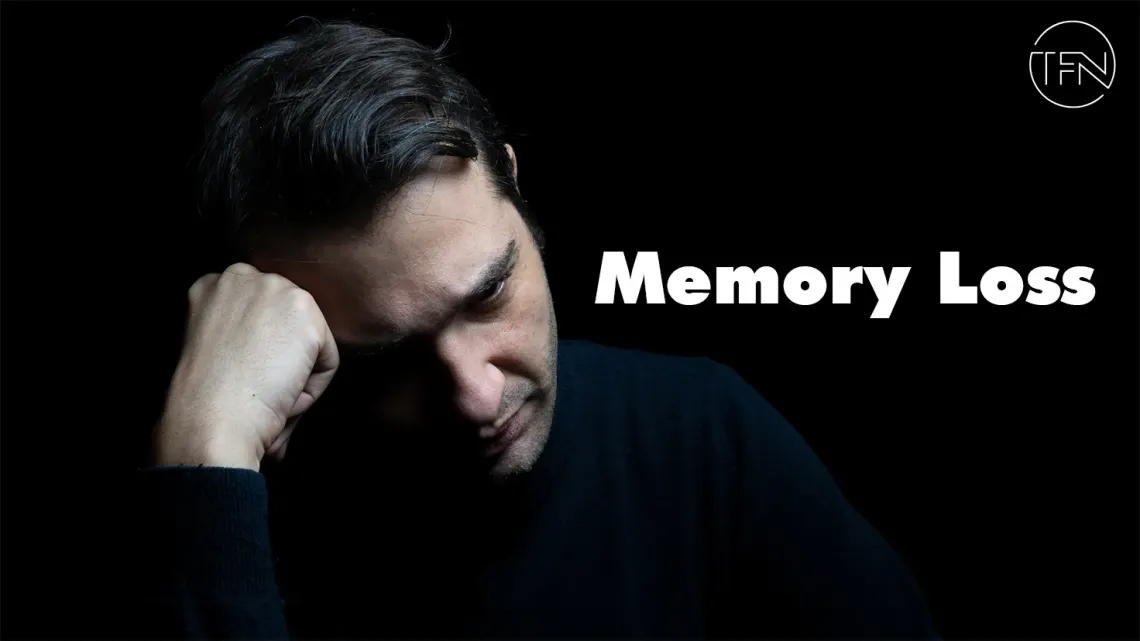What is memory loss?
Memory loss is a common problem that causes many people distress. Like most people, you're probably concerned about your memory loss and how to best cope with it. This article will explore some of how memory loss affects us all and offer some tips on how to combat it. Continue reading to learn all there is to know about memory loss, from discovering new methods to enhancing your mental capacity.
Memory loss can be a serious medical condition that affects your ability to remember things from the past. Memory loss can take many different forms, but the most common is temporary memory loss, usually caused by a headache or an illness. Long-term memory loss occurs when your brain can't keep track of new information. This can be because you have Alzheimer's, a stroke, or another type of dementia. Some people never get any memory loss at all.
Types of memory loss
People can have a few different types of memory loss. Some common forms of memory loss include:
1. Dementia
Dementia is a chronic brain disorder that affects memory and thinking skills. Diseases, injuries, or age can cause it and worsen over time. Symptoms often start gradually and may include problems with daily activities, such as dressing yourself or knowing what you are doing in the morning. As dementia progresses, patients may lose their ability to speak or walk independently. One of the most prevalent signs of dementia is memory loss.
2. Alzheimer's Disease
A form of dementia that results in severe memory issues is Alzheimer's disease. It starts with gradual changes in how people function daily, such as difficulty making decisions or remembering names. As the disease worsens, people may also lose their abilities to speak and understand language, think clearly, and organize their thoughts. By the time someone has Alzheimer's, they may have lost most of their memories before the disorder started. The most prevalent type of dementia in older persons is Alzheimer's disease.
3. Frontotemporal Dementia (FTD)
FTD is a rare condition affecting the brain's frontal and temporal lobes. These areas are responsible for controlling basic functions like thought processes, motor skills, and learning. Early signs usually include:
- Unexpected changes in mood or personality.
- Problems with language or memory.
- Abnormal movements.
Despite being rare, FTD is the most common cause of dementia in persons over 65.
4. Lewy Body Dementia (LBD)
LBD is a form of dementia caused by the brain's build-up of protein clumps. These clumps are called Lewy bodies, and they can damage nerve cells. LBD is usually diagnosed after other forms of dementia have been ruled out. It affects about two percent of people who develop dementia, which usually starts slowly but worsens over time. One of the most typical LBD symptoms is memory loss.
Causes of memory loss
A few things can cause memory loss, including age, brain injury, and diseases like Alzheimer's. Other factors contributing to memory loss include stress, lack of sleep, and poor diet.
Age is one of the most typical factors in memory decline. As people get older, their brains start to shrink in size and function. This can lead to problems with memory recall and other cognitive functions. Additionally, Alzheimer's disease is a condition that affects the brain and is characterized by gradual memory loss that initially occurs slowly but then quickly worsens over time. The disease affects multiple brain regions and can cause difficulties with thinking, remembering names, speaking clearly, and performing basic activities of daily life. There is no cure for Alzheimer's, but treatments are available that help manages the symptoms.
Brain injury also plays a role in causing memory loss. Injuries to the head or spine can damage nerve cells in the brain's hippocampus, which is responsible for memory formation and retrieval. These injuries often result in amnesia –a situation where someone cannot remember events from their past – as well as problems with executive functioning (the ability to plan, organize, think abstractly and make decisions), which can lead to difficulty performing everyday tasks such as paying bills or balancing a checkbook.
Diseases like Huntington's disease are also known to cause memory loss. Huntington's disease is an inherited condition that eventually results in the deterioration of nerve cells in the brain.
Symptoms of memory loss
Verbal stuttering, forgetting what you just said, losing track of where you are or who you are with, and other common signs of memory loss are all present..It is crucial to consult a healthcare practitioner if you encounter any of these symptoms to identify the underlying issue and create a treatment strategy.
How to improve memory
There are a few ways to improve memory, depending on the cause of your memory loss. If you're experiencing age-related memory decline, you may benefit from strategies such as boosting brain function or improving brain health. Treatment may involve rehabilitation or surgery if your memory problems are due to an injury or disease. In any event, altering a few small aspects of your lifestyle helps your memory.
Conclusion
Several factors can contribute to memory loss, including age, health conditions, and lifestyle choices. However, the most common cause of memory problems is Alzheimer's disease. Suppose you're concerned that you might be experiencing early signs of this condition. In that case, it's important to consult with a doctor and begin taking precautions such as administering brain-healthy supplements and reducing your exposure to harmful toxins. In the meantime, maintaining a healthy lifestyle and exercising regularly can help support your cognitive function and decrease your chances of developing Alzheimer's disease.
Not medical advice, seek professional help!

